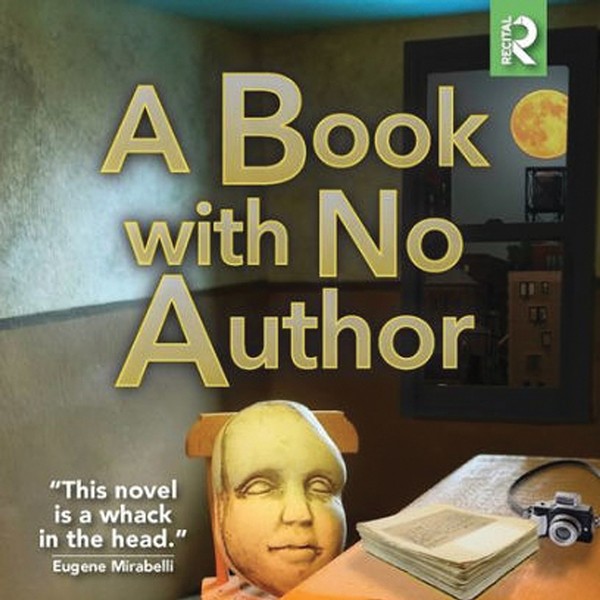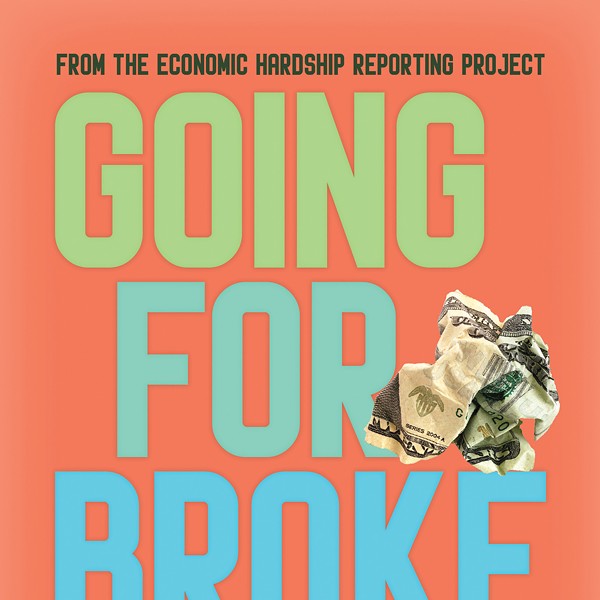Ellen Shapiro is worried.
A co-owner of Woodstock’s Golden Notebook bookstore, she reports that sales are “fair to middling.” A sadness in her voice, though, suggests things may be worse than that. The shop, a long-time Woodstock institution, has fallen on hard times after having steadily increasing sales for its first 25 years.
The Golden Notebook isn’t alone, as independent booksellers everywhere face a devastating triple whammy. First up: severe competition from corporate chains. Big-box bookstores like Barnes & Noble and Borders offer one-stop, discount-pricing convenience. Less notoriously, mass-market retailers like Wal-Mart and Costco have also jumped into the business and claimed a sizable percentage of book sales.
Second, there is the meteoric rise of the Internet with all that implies: transformed information-consumption habits, massive “let your mouse do the clicking” hard-copy book purchases through Amazon.com and, most recently, the emergence of the Kindle, Amazon’s potentially revolutionary e-book reader.
The capper is the so-called recession, which may actually be a depression. Carol Scalzo, community relations manager at Barnes & Noble, says, “People are being more cautious with their discretionary income these days. Where they would have bought a hardback, now they’re waiting for the paperbook to come out, and they’re buying two or three titles instead of four or five.” If things are bad for Barnes & Noble, they’re worse for independent booksellers, where price points are often higher.
The result is predictable. Glub, glub, and all too often, glub, as locally owned bookstores go down for the third time. Membership in the American Booksellers Association (ABA), which represents independent booksellers, declined by about 10 percent—or roughly 150 bookstores—last year. Much of this attrition occurred because stores went out of business. It’s not quite plague season out there, but things aren’t blossoming, either, not by a long shot.
Meg Z. Smith, the ABA’s chief marketing officer, rejects the notion that independent bookstores are an endangered species. “Stores that are deeply embedded in their communities often continue to do well,” she reports. Also: “People are still entering the business. Last year, 64 new independent bookstores opened, and over 100 new stores opened in each of the three years before that.”
Heartening though this is, opening bookstores now may represent love’s triumph over logic. People become booksellers because they’re passionate about books, not because they’re looking to leverage their Harvard MBA. “People don’t do this for the money,” says Suzanna Hermans, a co-owner with her father of Oblong Books & Music in Rhinebeck and Millerton. “We’re getting by, have great customers, and love what we do. What more can one ask for?”
It’s a great take on life—and one, moreover, that captures the essential wisdom that underlies localism: do well enough financially, and celebrate the true wealth that comes from a life rich in love and community. You need to keep the doors open to lead this life, though, and many bookstore owners aren’t doing that.
Diversification is one way to buck the tide. “Many owners are expanding their inventories to include higher-margin items such as stuffed animals and stationery,” says the ABA’s Meg Smith. “Others are opening coffeehouses or selling used books.”
This is not the approach that Carmichael’s, which is Louisville, Kentucky’s leading independent bookstore, opted for. “We’ve stayed true to our core business, which is selling books,” says owner Carol Besse. Her strategy has worked: Sales have tripled over the past 10 years, and Carmichael’s was recently named 2009 Bookstore of the Year by the industry flagship publication Publisher’s Weekly.
“We love books,” says Besse, echoing Oblong’s Suzanna Hermans, “and so do our customers. They come to us because they want to talk to someone knowlegeable about books, browse the aisles, and handle the merchandise.” One key to success, according to Besse: “We have lots of local visibility. Whenever an author is in town, we’re out there selling books.”
So: Is it best to diversify or stick to one’s book-knitting? Opinion seems to vary on this question, and on other matters too. For instance, while it’s clear that community support is essential, local booksellers disagree on what kind of communities are likeliest to be supportive. For Suzanna Hermans, disposable income is an important differentiator. “We’re fortunate to be in the Hudson Valley, a relatively affluent area that’s been less hardhit by the recession than elsewhere. Many people come to Millerton and Rhinebeck for the local shopping experience.”
Brian Donoghue, owner of the Inquiring Mind Bookstore with storefronts in Saugerties and New Paltz, sees things differently. “In Saugerties, sales started declining the same day Barnes & Noble opened in Kingston,” he says. “In part, this may be because Saugerties is a part-time residence for many people. Where there’s more of a year-round community, the commitment appears to be greater.”
















